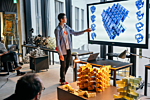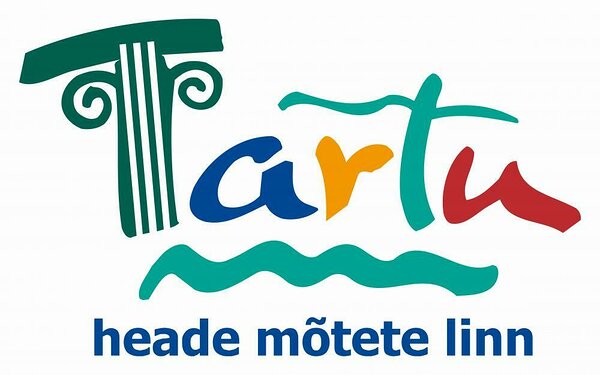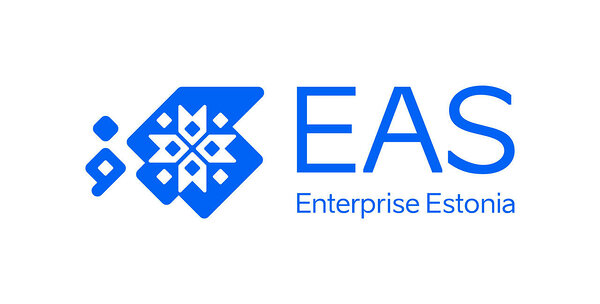Timber Architecture Research Center PAKK is a separate research center of the Faculty of Architecture of EKA, combining research and teaching with new design methods, living environment and product development, bringing together students, specialists, researchers and clients from both the public and private sector. The aim of PAKK is to create a transition between science and industry. We want to be a partner for the public and private sectors to integrate the green revolution into Estonian construction culture.
Why?
The establishment of PAKK is a reaction to the climate and environmental problems escalating in the past decades. The construction, use and renovation of buildings requires a considerable amount of energy and mineral raw materials. Buildings account for about 40% of the total amount of consumed energy. When growing, trees bind carbon dioxide in the air and store it within them also after felling. It is therefore important to increase the use of timber in construction and thus decrease the carbon footprint of human activity. Also the fragmentation of the construction sector, project-based approach and lack of long-term construction investment plans shifted the focus from comprehensive solutions and diverse living environments.
In the past years, international and local development strategies have noted the need to tackle the given problems. It therefore seems appropriate to provide an application tool in the form of PAKK providing real solutions in cooperation with research and industry. The need for such cooperation on the state level is described by the document “Estonian Research and Development, Innovation and Entrepreneurship Development Plan 2021-2035”.
What?
The research directions of the center are divided into three subtopics: the green turn of construction, the digital turn of industry and new methods for designing wooden factory buildings. PAKK researches and develops mass customisation systems in the context of construction and urban planning, developing more flexible mass-produced systems at an element and module level. A modular approach to construction creates a basis for circular economy construction practice and low environmental impact building design. The output of the research directions are methods and tools that allow the architect to consider the technical conditions of production and construction already at the beginning of the creative process.
How?
PAKK carries out a small amount of fundamental research and implements two in particular, applied research and experimental development, which are also related to the research packages offered in the center. Applied research, or original research, is for obtaining new knowledge and is primarily aimed at a specific practical goal. The partners' existing technologies and methods are combined and applied in an innovative way or context, and the results are applicable to products, operations, methods or systems. Experimental developments are based on knowledge and practical experience obtained as a result of research activities and create new knowledge with the aim of making new products, introducing new processes or improving existing products or processes.RESEARCH GROUPS
Pattern Buildings research group
The research group is developing a modular and factory-produced system that can be used to create wooden buildings adapted to the surrounding environment and the needs of the building's users.
Open-source platform:www.patternbuildings.com
Head of the research group: Renee Puusepp
The research group is focused on the innovation of experimental wood construction, which primarily seeks opportunities for qualitative leaps through innovative architectural solutions. The so-called engineered wood is central here, ie different glulam products and integrated design, where design, analysis and optimisation in the algorithmic model take place simultaneously.
Leaders of the research group: Sille Pihlak and Siim Tuksam




.png)







